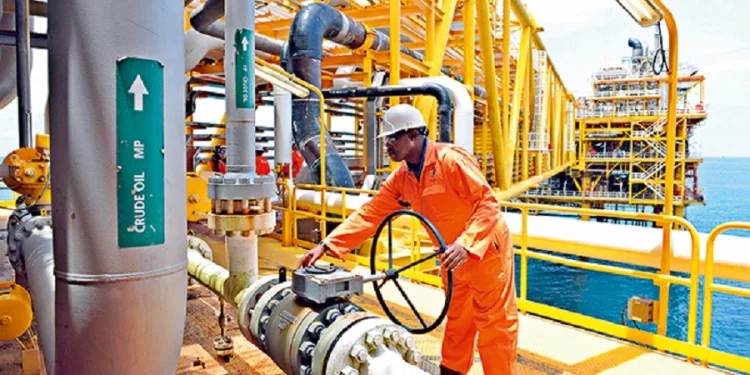WAPCo Postpones Pipeline Maintenance, Averts Imminent Power Crisis
The West African Gas Pipeline Company (WAPCo) has postponed its scheduled pipeline maintenance by two weeks, averting a potential power crisis in Ghana.
The decision follows intense negotiations spearheaded by a technical committee established by Chief of Staff Julius Debrah to address the impending energy challenge.
Originally slated to begin this week, the maintenance was flagged by the Ghana Grid Company (GRIDCo) as a critical threat to electricity supply.
GRIDCo warned that the combined impact of ongoing fuel shortages for thermal plants and disruptions to gas supply would severely undermine Ghana’s power generation capacity.
High-Level Stakeholder Meeting
A high-level meeting involving WAPCo, GRIDCo, and the technical committee was convened to discuss the implications of the maintenance on the national grid. Stakeholders expressed concerns about potential widespread power outages, which would disrupt businesses and households.
Following these deliberations, WAPCo agreed to the two-week postponement, providing authorities more time to secure alternative fuel supplies and stabilize electricity generation.
The Maintenance and Fuel Crisis
WAPCo’s pipeline, which transports natural gas from Nigeria to Ghana, Togo, and Benin, is a critical component of Ghana’s energy infrastructure. The maintenance, essential for the pipeline’s safety and efficiency, would temporarily halt gas supply.
However, Ghana’s heavy reliance on natural gas for thermal power generation means any disruption can have significant consequences. Compounding the challenge, the country is grappling with a fuel supply deficit, further straining its power sector.
Currently, efforts are underway to import light crude oil and liquefied natural gas (LNG) to bridge the fuel supply gap. The government and key stakeholders are working to expedite these imports and finalize contingency plans to ensure stable electricity during the eventual maintenance.
The postponement offers temporary relief but underscores the urgent need for Ghana to diversify its energy sources and enhance the resilience of its power sector.








